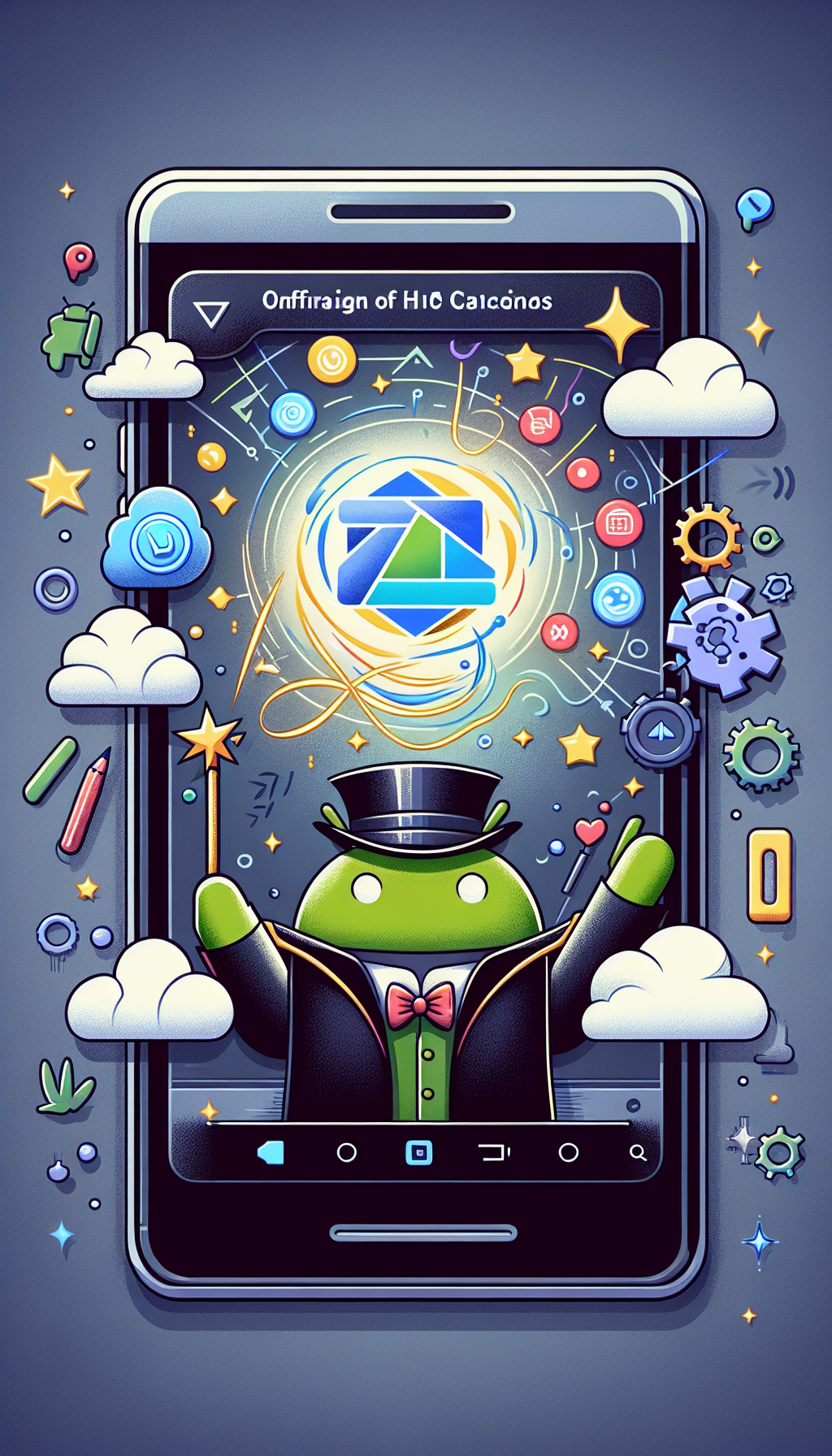
Creating HTML5 games and embedding them into Android apps has become increasingly popular due to their ease of use, cross-platform compatibility, and smooth user experiences. However, one common challenge arises when ensuring games function effectively offline. Thankfully, implementing offline support within Android apps is achievable using WebView caching techniques. In this guide, we will provide a straightforward explanation of how developers can effectively implement offline support for HTML5 games in Android apps using WebView caching. Additionally, we’ll briefly introduce WebViewGold, a quick and simple solution to convert websites into Android apps seamlessly.
Understanding WebView and Its Role in Android Apps
A WebView is a native Android app component that allows developers to render HTML content within the app itself. By embedding HTML5 games directly into an app’s WebView, you create a seamless experience for users without having to redirect them to an external browser. However, ensuring these games remain playable while offline requires additional consideration and implementation of effective WebView caching techniques.
The Importance of Offline Functionality in HTML5 Games
Offline functionality is becoming an essential feature for games and applications alike. Users often prefer games that they can access regardless of their internet connectivity. Offering offline support for HTML5 games in your Android application not only enhances the user experience but also helps in driving higher user retention and satisfaction.
How WebView Caching Works
Android WebView supports multiple caching options to help developers create robust offline-friendly applications. The primary caching mechanisms include:
- Cache Mode Settings: Allowing fine-grained control over how a WebView handles cached data resource usage.
- AppCache and Local Storage: HTML5-specific caching methods that store assets locally on user devices, enabling quicker loading times and offline accessibility.
These powerful caching strategies ensure your HTML5 games can reliably run even when a user’s connection is interrupted or unavailable.
Implementing Offline Support Using WebView Cache in Android
Follow these straightforward steps to implement caching and offline support for your HTML5 games within your Android WebView:
Step 1: Configuring WebView Caching
First, enable caching by setting WebView cache options appropriately in your Java or Kotlin code:
webview.getSettings().setAppCacheEnabled(true);
webview.getSettings().setCacheMode(WebSettings.LOAD_CACHE_ELSE_NETWORK);
webview.getSettings().setDomStorageEnabled(true);
This code lets your WebView component use cached resources whenever they’re available, significantly improving offline availability.
Step 2: Using HTML5 AppCache Manifest
In addition to WebView settings, use HTML5-specific caching techniques like AppCache manifest explicitly defined in your game’s HTML file:
<!DOCTYPE html>
<html manifest=offline.manifest>
...
</html>
The offline.manifest file contains references to resources your game needs to cache, essentially instructing browsers or WebView components what to store for offline access.
Step 3: Handling Updates and Cache Maintenance
Always keep in mind cache maintenance. Your app must regularly ensure users receive updated game content. To achieve this, consider programmatically clearing or refreshing the cache when detecting a new version:
webview.clearCache(true); // Clears both RAM and Disk caches
Consider an Easier Alternative: WebViewGold for Quick Conversion
If manually managing WebView implementations and caching feels complicated or time-consuming, many developers prefer convenient tools such as WebViewGold. It simplifies converting websites, web apps, or HTML5 games into fully functional, offline-capable Android apps with minimal effort. This powerful tool effortlessly manages caching strategies, offline support, and ensures optimal performance, making it an excellent alternative worth considering.
Final Thoughts
By leveraging WebView caching techniques, developers can offer reliable offline support for HTML5 games within Android apps. Effective offline functionality will improve user satisfaction and help maximize your application’s potential. For straightforward and rapid results, solutions like WebViewGold can significantly streamline the process, allowing you to focus more on improving overall user experience and less on technical complexities.

Leave a Reply